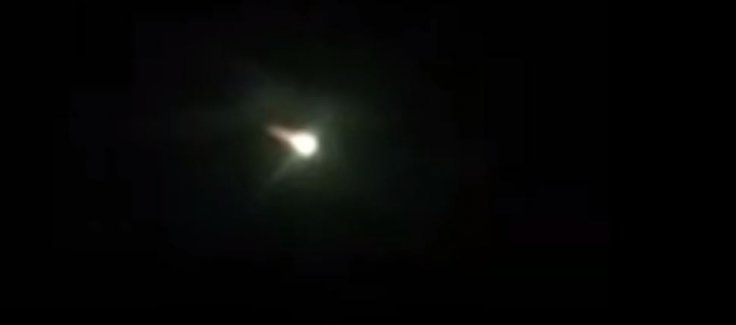
In a bid to study more about Venus, then Superpower Soviet Union launched a spacecraft named Kosmos 482 to the planet in 1972. However, the celebrated spaceship failed to beat the earth's gravitational pull, and several pieces of the spacecraft burned up while reentering the earth's atmosphere a little later.
But now, an amateur astronomer named Thomas Dorman of the northeastern Oklahoma community of Zeb has revealed that a big chunk of this spacecraft which has been orbiting earth may crash land on the planet this year.
Thomas Dorman made these revelations while talking exclusively with Space.com.
"Our guess is maybe as much as 40 to 50 percent of the upper spacecraft bus may still be there. It is interesting to note the apogee of the orbit is slowly starting to decay. My guess right now is that re-entry is late this year to mid next year. But predicting its decay is as much of an art as it is science. The other issue is, nobody, can forecast solar activity for the next year, which could affect the decay time," revealed Dorman.
Dorman also made it clear that the spacecraft will survive the reentry to the earth's atmosphere.
"It would be funny if it was spotted coming down and the parachute has deployed ... but I am sure the batteries to fire the pyrotechnics to release the parachute have died long ago," added Dorman.
Jonathan McDowell, a renowned astrophysicist at the Harvard University in his space report talked about the possibilities of Kosmos 482 making a major impact on the earth. McDowell also believes that the remaining junk of Kosmos 482 will easily make its way to the earth's atmosphere, and the chances of it hitting anyone is 1 in 10,000.
"If it is the entry sphere, it might well survive Earth atmosphere entry and hit the ground. In which case I expect it'll have the usual one-in-about-10000 chance of hitting someone. The vehicle is dense but inert and has no nuclear materials. No need for major concern," said McDowell.
A few months ago, Chinese space lab Tiangong-1 re-entered the Earth's atmosphere after losing contact with the space station down. Luckily, most parts of the space station disintegrated during its re-entry due to the immensely high temperature generated by the friction with the atmosphere.









